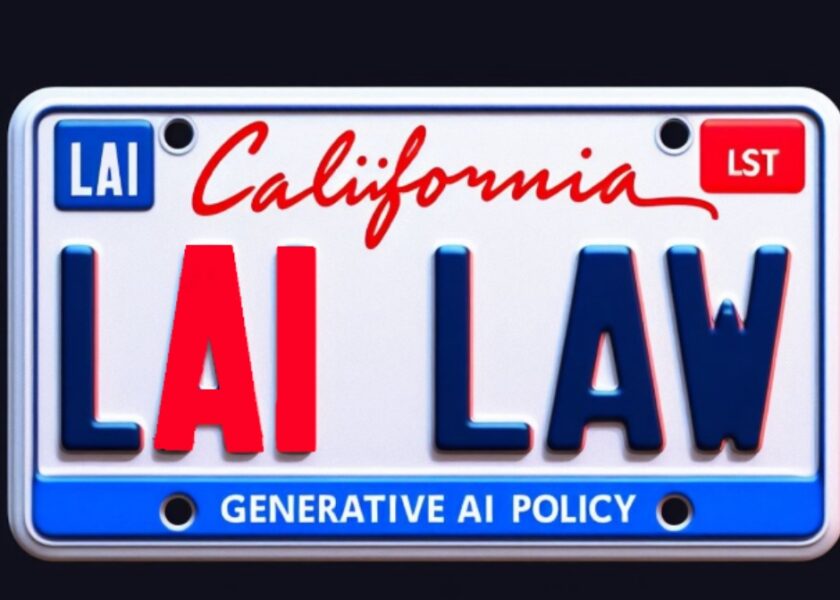The Gig Economy is generating a host of new economic activity. Nowadays you can sell jewellery and accessories through Etsy, or rent out space in your house with Airbnb. The likes of Airbnb and TaskRabbit are quite different from organisations such as Apple or Tesco, in that they are not actually providing a service.
You’re not really renting a room from Airbnb or hailing an Uber owned taxi. These providers simply connect you with a provider of space, a driver of a vehicle or a seller who runs a virtual shop. They are providing a known brand.
One of the important features of the gig economy is that people work for themselves. The downside is that there is no job security and benefits of working for a company such as; sick pay, minimum wage, paid holidays, protection from unlawful deductions, but people get a work/life choice which suits many people.
Or do you??
Two recent cases have convinced the courts that the people driving the cars or riding the courier bikes are, in fact, workers, despite all agreements in place to the contrary.
In the landmark case of Aslam and others v Uber BV a number of Uber drivers brought claims for unlawful deductions from wages for an alleged failure to pay national minimum wage and paid leave.
What convinced the court that Uber drivers are workers?
Firstly, the court looked in detail at how Uber operates. In a nutshell, customers wanting a taxi use a smartphone app to order a taxi and pay the fare. Uber acts as a technology platform, controlling an app and by acting as the driver’s agent. Uber say that the drivers are self employed and they (Uber) provide a service to drivers. In essence, Uber proclaim that the contract for taxi services is between the driver and passenger.
Uber went to great lengths to ensure that the agreements in place clearly depict the drivers as self employed and the court considered these agreements in detail. However, the court also looked at the reality of the Uber/driver relationship and disagreed with the ‘self-employed’ label given under the contracts.
Over the years there have been many cases tackling the issue of worker vs self employed status with much of the claims raised by individuals claiming an entitlement to minimum wage and holiday pay. Over the course of time, legal principles have emerged with tests to determine a person’s status.
Does an individual undertake under a contract to personally perform work or services?
Does the person carry on in business on their own account?
Is there any mutuality of obligation? Namely, is there an obligation on the employer to provide work and the obligation on the individual to accept that work?
Who has control? Who decides the thing to be done, the way in which it shall be done, the means to do it, the time when and the place where it shall be done.
Although the drivers did perform the services themselves and provided their own cars, at their own expense, the court ridiculed the notion that Uber was made up of 30,000 small businesses linked by a common platform and said that the drivers were not in business of their own account.
Once drivers had turned on the app, in order to remain in good standing with Uber, they were obliged to accept a booking within 10 seconds, lest they be blacklisted and not provided with further work.
The court went on to explain that the drivers didn’t even know the identity of the passengers they are transporting as all details are provided to Uber through the app. Equally, the driver was not made aware of the destination until collecting the passenger. All in all, there was no real bargaining between the driver and passenger in which to create a contract. As to the element of control, it’s not the drivers who set the prices – Uber control that as well as who is allocated which job.
The claimants in Aslam were awarded worker status which will undoubtedly have a profound effect on Uber’s business now that they have to pay minimum wage and holiday pay. Uber have made public their intention to appeal the decision.….. until then, could we see a marked increase in Uber taxi prices?
More recently, one of four new cases concerning cycle couriers has just been through a similar ordeal where a claimant was given worker status and awarded an entitlement to two days paid holiday. Ms Dewhurst, a cycle courier was required to log into the company’s tracking system when she was on circuit, and log out at the end of the day. She wore a uniform, was expected to work when she said she would, was directed by a controller, and was even told to smile, as part of providing a professional service – overall, the couriers had little autonomy.
Parliament is responding to the debate on these types of industries and the Business, Energy and Industrial Strategy Select Committee has launched an inquiry into the future world of work, including gig economy issues. For now, the status of gig workers remains unclear and will no doubt continue to produce interesting case law.
It is important that any agreement with those in your business providing self employed services is actually reflected in practice, so as to avoid any claim of worker status with the corresponding entitlements.




